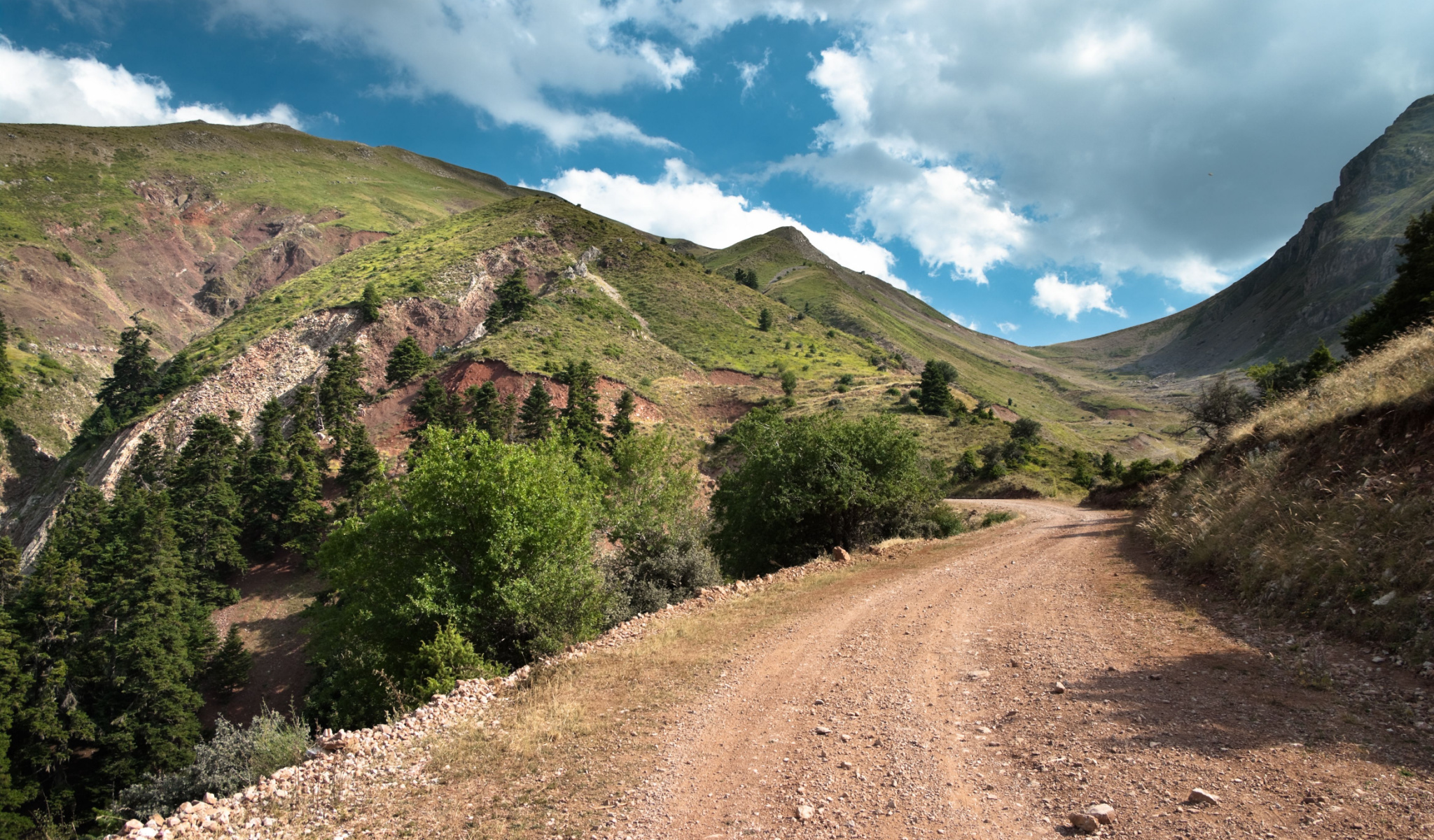
My professional pursuits have provided me with extraordinary opportunities to live in foreign places for fairly extended periods of time, a gift for which I am extremely grateful.
Over the course of my decades of travel, I have watched with pleasure as bicycles and bicycling have, little by little, resumed their once prominent place as a means of travel in many cities. And seeing this resurrection of the two-wheeler, I have in recent years made buying a reasonably priced, second-hand bike one of my first orders of business when setting up shop in a new place.
And this, of course, often puts me in semi-steady contact with local bike shops and the people who run them.
While I know it is always dangerous to make broad generalizations about the nature of people in one profession or another, my admittedly selective experience tells me that bike mechanics are among the most cheery, helpful, and vocationally content professionals I know..
The only other group of professionals I’ve dealt with that comes close to them in this sense—don’t laugh—are pest control experts. I’ve never met one of these critter-killers who is not cheerily and granularly involved in their chosen work.
Assuming I’m on to something, it seems worth asking why this might be so.
And in searching for an answer, I am first drawn back to what bikes have meant to me in my own life experience, and summarized in something I blurted out spontaneously a few days back to my local mechanic here in Mexico City, and which immediately drew from him a very hearty and smiling assent: “La bici es la libertad!”
And it is true.
The bicycle is the ultimate freedom machine; cheap, reliable, and largely beyond the ever-creeping reach of regulating authorities. It doesn’t saddle you with debt, fuel costs, or garaging fees. And it keeps you fit besides. If they have any downsides, I don’t see them.
They have the added benefit, I think, of reconnecting us with our first thrilling attempts to chart out to explore and observe the world on our own without the powerful mediation of our parents and other adults.
Every time I get on a bike, the 11-year-old in me instantly comes alive. I am reminded of the day I went, with my carefully husbanded paper route money, to purchase my first new bike, and how over the successive years I rode it, without any parental oversight, to virtually every corner of my very large hometown.
I think of how it took me to the Eagles Club with a buddy to eat deep-fried veal cutlet subs for lunch which caused what, for the staff there, must have the amusing picture of two little pubescent imps chowing down alongside sweating, swearing, and beer-drinking carpenters and masons.
And also to the rope swing that flew out over what today’s freelance safety wardens would no doubt consider unsafely shallow waters at Lake Waushakum, and whenever possible to DQ, where I would inexpertly flirt with Paula, a beautiful classmate who worked there and towered over me until I finally had my growth spurt between 9th and 10th grades.
I am convinced that anyone who has decided to sell and fix bikes for a living understands the power of such first experiences in freedom in a very real way.
And then there is the social element. In the Mediterranean and Latin American places where I tend to travel, bike shops are usually garage-like spaces nestled between other buildings that enter directly out to the sidewalk, and then the street.
When I go there to ask for a quick adjustment or to buy an accessory, it is never long before another customer or two appears for the same reasons. And while the second person waits for the mechanic to finish with the first, conversations quite often break out between the parties, sometimes about bikes, but sometimes also about other things, before the mechanic sends one or the other on his way.
In a world of growing impersonality and AI-driven phone mazes, think of how satisfying this sort of instant and personal service is for the customers, and how their sense of gratitude must redound to the person who agilely resolves one small problem after another for them with practiced skill.
Those who sell bikes and care for them essentially trade in freedom, simplicity, and personal attention.
I’d like to believe that the apparent happiness I see in them as they go about their work contains important lessons for us all as we seek paths of light in these very dark times.
Disclaimer
Some of the posts we share are controversial and we do not necessarily agree with them in the whole extend. Sometimes we agree with the content or part of it but we do not agree with the narration or language. Nevertheless we find them somehow interesting, valuable and/or informative or we share them, because we strongly believe in freedom of speech, free press and journalism. We strongly encourage you to have a critical approach to all the content, do your own research and analysis to build your own opinion.
We would be glad to have your feedback.
Source: Brownstone Institute Read the original article here: https://brownstone.org/

